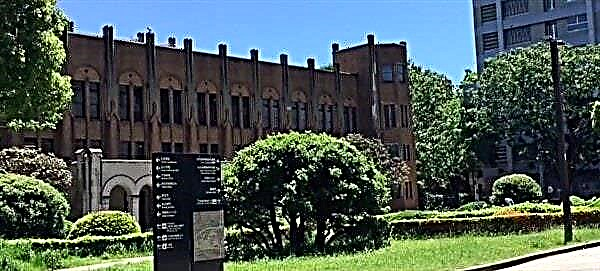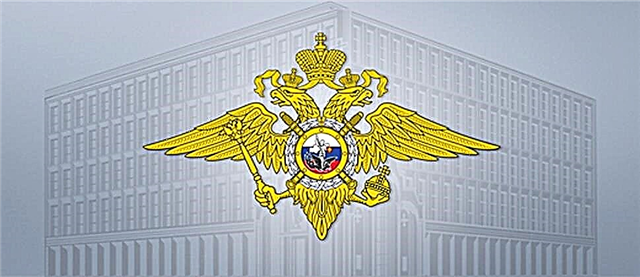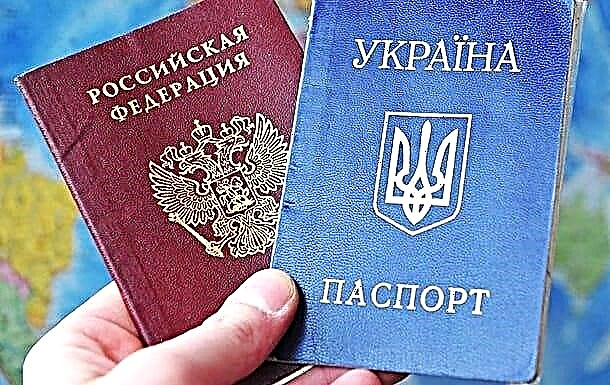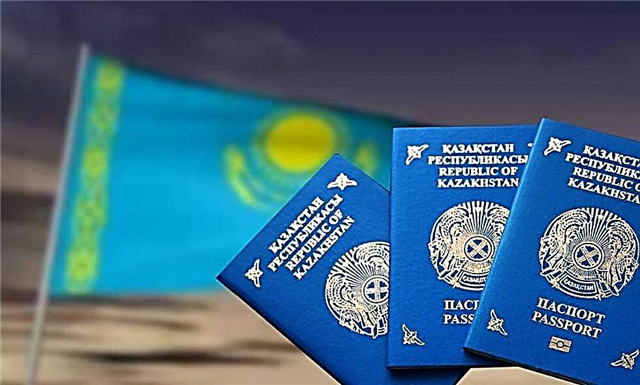
The question of whether a foreign citizen is a resident is important not only for him, but also for his employer: the specifics of taxation depend on this status. A residence permit allows you to be called a resident only if a number of conditions are met.
Difference between resident and non-resident: definition of concepts. What does the law of the Russian Federation say?
According to Clause 2 of Article 207 of the Tax Code, residents are individuals who permanently reside in Russia. To do this, you must be in the country no less than 183 days for the last year.
This period is not interrupted for such cases:
- Departures outside the Russian Federation for treatment, if they lasted less than six months;
- Training for the same period;
- Work on offshore hydrocarbon fields.

There are certain categories that are recognized as residents regardless of how much time they spent in the country:
- Russian military personnel;
- Employees of state and municipal authorities.
The concept of residency is sometimes confused with citizenship, but this is not true. If a citizen does not live in Russia permanently, he belongs to non-residents. A foreigner who has lived in the country for a long time is a resident.
In fact, the status affects:
- Tax rate;
- The need to report foreign bank accounts.
Features of taxation depending on the status
Most residents' income is taxed at the rate 13%but there are exceptions. You do not need to pay tax on:
- Benefits;
- Subsidies;
- Compensation;
- Alimony;
- Scholarships;
- Grants, etc.
You May Also Like
The rate increases for lottery winnings and income from bank deposits. Have to pay 35% of the amount received.
Non-residents must pay 30% from income. But for certain categories, the rate is reduced up to 13%:
- Highly qualified specialists;
- Participants in the compatriot resettlement program;
- Refugees;
- Crew members of Russian ships.
The difference in the tax rate is significant - more than twice. That is why status matters so much.
What category does a citizen with a residence permit of the Russian Federation belong to? His rights and responsibilities
A residence permit is one of the statuses that a foreigner or stateless person can receive. It is drawn up no earlier than after a year of official residence (except for some categories eligible for accelerated receipt). In terms of opportunities and limitations, a residence permit is the closest to citizenship.

A foreigner receives the following rights:
- To legally reside in the country for 5 years;
- If necessary, extend this period;
- Work without a permit;
- Change the region of residence within the Russian Federation;
- Receive social benefits;
- Use medical assistance under compulsory medical insurance;
- Enter educational institutions or enroll their children there;
- Serve under contract in the Armed Forces;
- Leave without a visa to a visa-free country;
- The ability to participate in elections is limited by the right to vote for a candidate for local government.
But there are certain responsibilities:
- Register at the place of residence (and notify the migration authorities when moving);
- Confirm the status annually;
- Apply for renewal in advance (no later than 2 months before the expiration date).
It is impossible to say unequivocally whether a residence permit is a resident or not. The answer is determined on a case-by-case basis and depends on how much time a person has spent within the country. As in other cases, you must live no less than 183 days in the last 12 months... Short (up to six months) training or treatment trips do not interrupt this period.
Peculiarities! In the case of citizenship, a person is considered a resident by default, and ceases to be if he does not live in Russia for a long time. And the rest of the residents will have to prove their status. To do this, the data on registration and the time of entry and exit are sent to the tax office.
In the case of a residence permit, there is an important nuance related to taxes. It is important for an employer to correctly calculate and pay personal income tax for an employee.
You May Also Like
If the amount is less than necessary, the tax office:
- Calculate what is missing;
- Will count the penalties;
- And in especially serious cases, it will add a fine.
Therefore, it is of great importance for the organization whether an employee with a residence permit is a resident. Until he has lived in Russia for enough time, it is impossible to guarantee that such status will be obtained.
In order not to have problems with the tax service, they use the following scheme:
- First expelled 30% from income,
- When an employee becomes a resident, it becomes possible to recalculate the amount of personal income tax and return the overpaid.
A person who has issued a residence permit can be both a resident of the Russian Federation and not a resident. The status is determined by the time of residence in the country for the last year. The size of the personal income tax rate depends on it.











